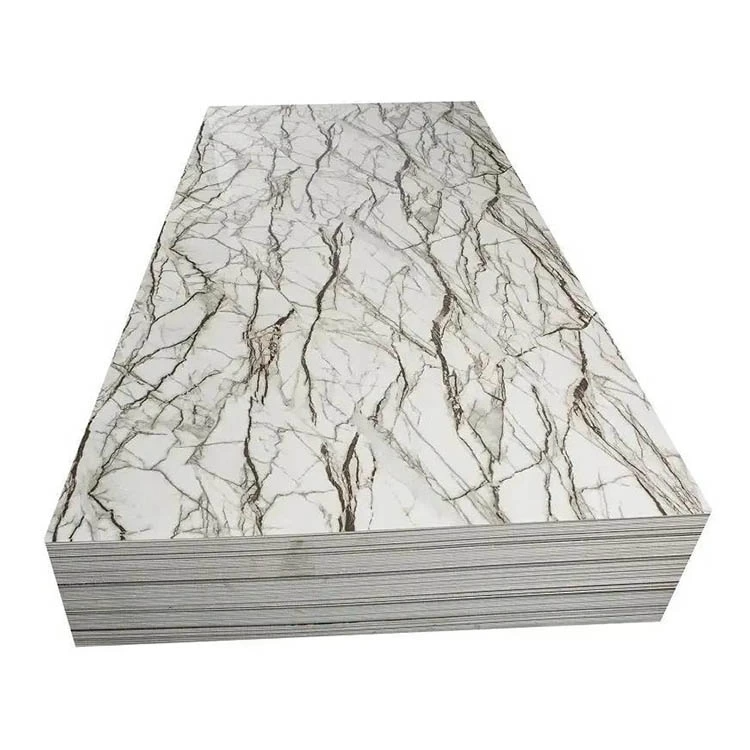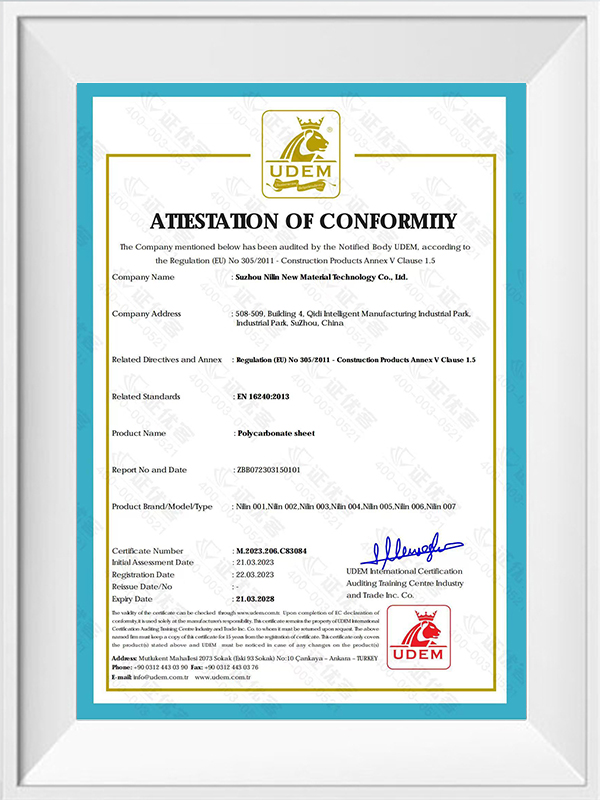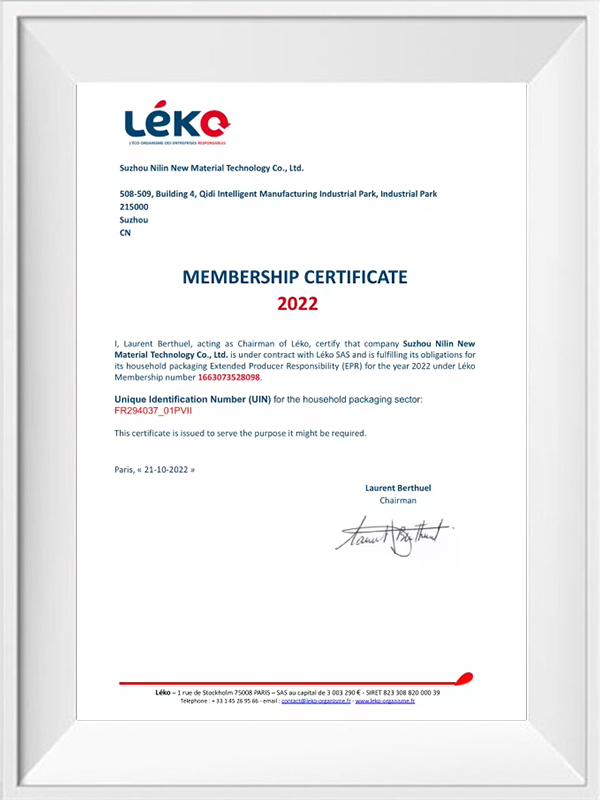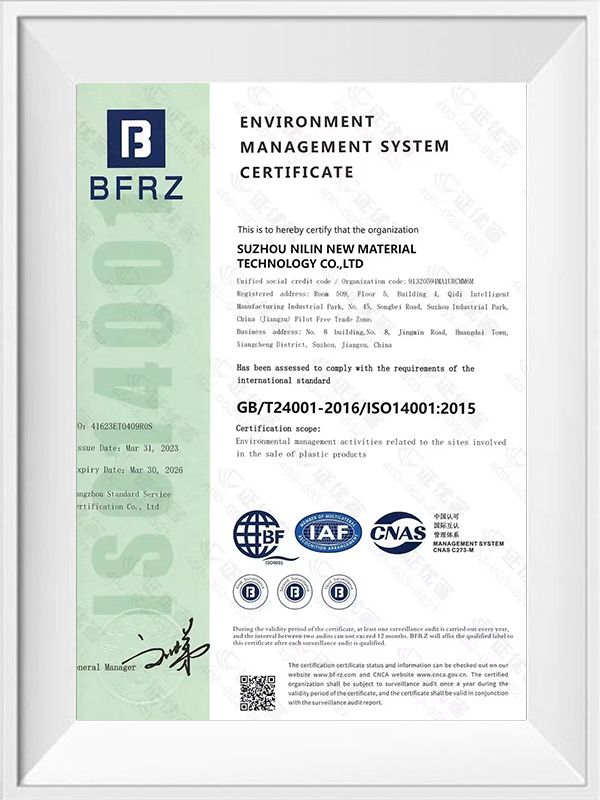Meticulous selection for top grade quality.
PRODUCTS
CONTACT
- Phone: +86-15195663876
- Email: [email protected]
- Address: No.8, Police Road, Dongqiao, Huangdai, Xiangcheng District, Suzhou, China

-
Introduction to Solid Polycarbonate Sheets Solid polycarbonate sheets are a versatile thermoplastic material widely used in construction, in...
READ MORE -
Introduction to Corrugated Polycarbonate Sheets Corrugated polycarbonate sheets are durable, lightweight plastic panels used extensively in ...
READ MORE -
Understanding Solid Polycarbonate Sheets in Modern Construction Solid polycarbonate sheets are high-performance thermoplastic panels widely ...
READ MORE -
Understanding Acrylic Sheet and Its Benefits Acrylic sheet, commonly known as Plexiglass or PMMA, is a versatile thermoplastic material that...
READ MORE
Are PVC sheets suitable for use in corrosive environments?
PVC sheets have good applicability in some corrosive environments. Due to its excellent chemical stability and corrosion resistance, PVC materials are often used in the following corrosive environments:
PVC sheets are commonly used in the chemical industry, including the manufacturing of storage tanks, pipes, valves, pumps and other equipment to withstand the erosion of various corrosive chemicals.
Because PVC sheets have good acid and alkali resistance and electrical insulation, they are often used in the manufacture of electroplating tanks, storage tanks, drainage pipes and other equipment.
PVC sheets are often used in water treatment equipment, such as sewage treatment plants, water treatment pipelines and storage tanks, to withstand wastewater containing acid and alkaline substances.
PVC sheets are widely used in laboratories to manufacture chemical reagent bottles, experimental benches, exhaust hoods and other equipment to resist the erosion of various corrosive chemicals.
PVC sheets are also used in the food processing industry, such as yogurt production equipment, food transportation pipelines and storage containers, to withstand acid and alkaline substances in food.
What is the chemical stability of PVC sheets?
The chemical stability of PVC sheets is mainly reflected in the following aspects:
PVC sheets have good corrosion resistance to a variety of chemical substances, including acids, alkalis, salts, solvents, etc., and are not easily eroded or damaged by these chemical substances.
PVC sheet itself has a certain degree of chemical inertness, does not easily react with other chemical substances, and can remain stable in a variety of chemical environments.
PVC sheets have certain antioxidant properties and can resist the erosion of oxygen, ultraviolet rays and other oxidants, extending their service life.
PVC has a stable molecular structure. The chlorine atoms in the molecule form strong covalent bonds with carbon atoms, making the molecule highly stable and difficult to decompose or degrade.
PVC sheets can withstand high and low temperatures within a certain range and are not prone to chemical reactions or structural changes due to temperature changes.
PVC sheets have stable electrical properties and are not susceptible to electrochemical corrosion or dielectric breakdown. They are suitable for fields such as electrical insulation and electronic devices.






